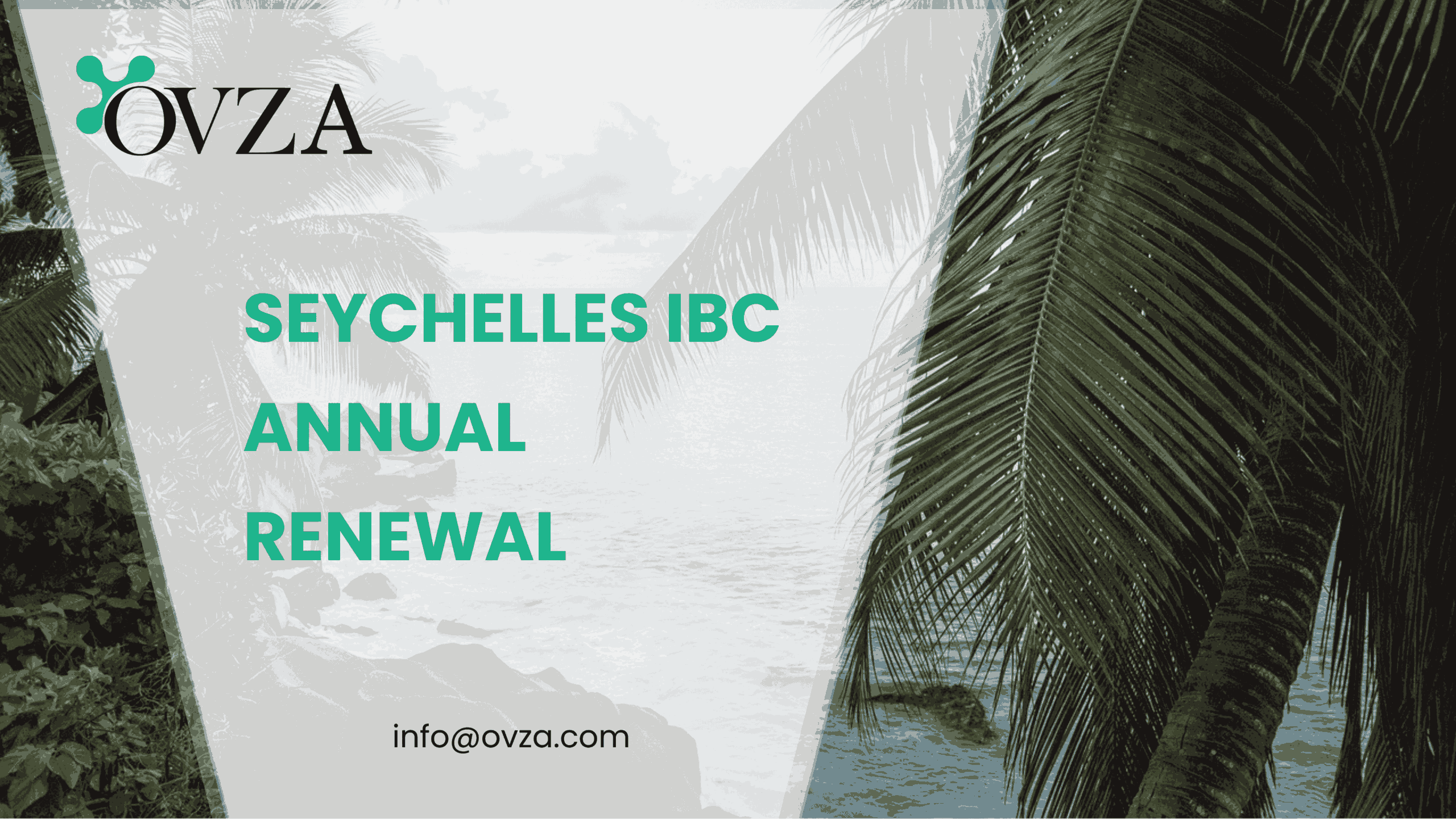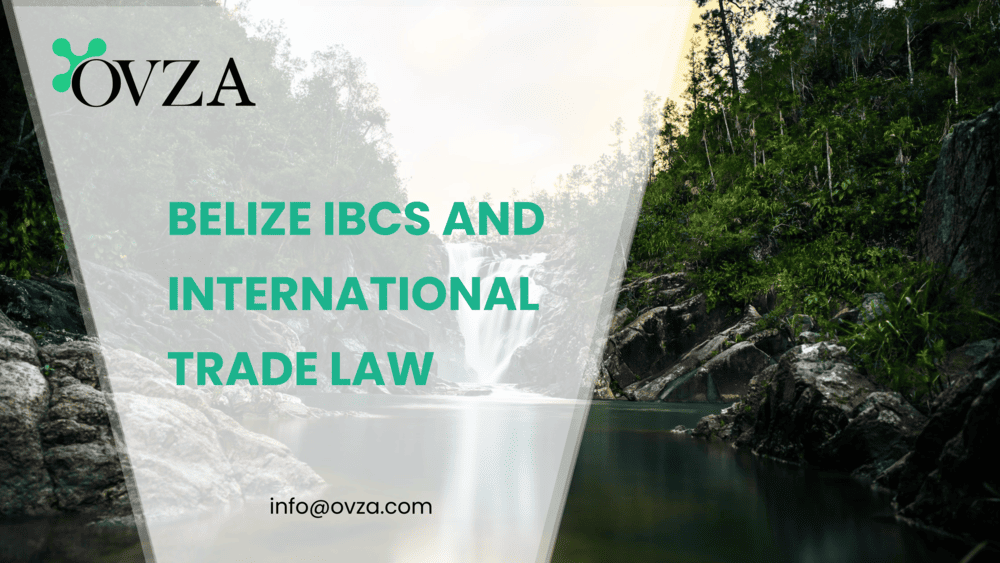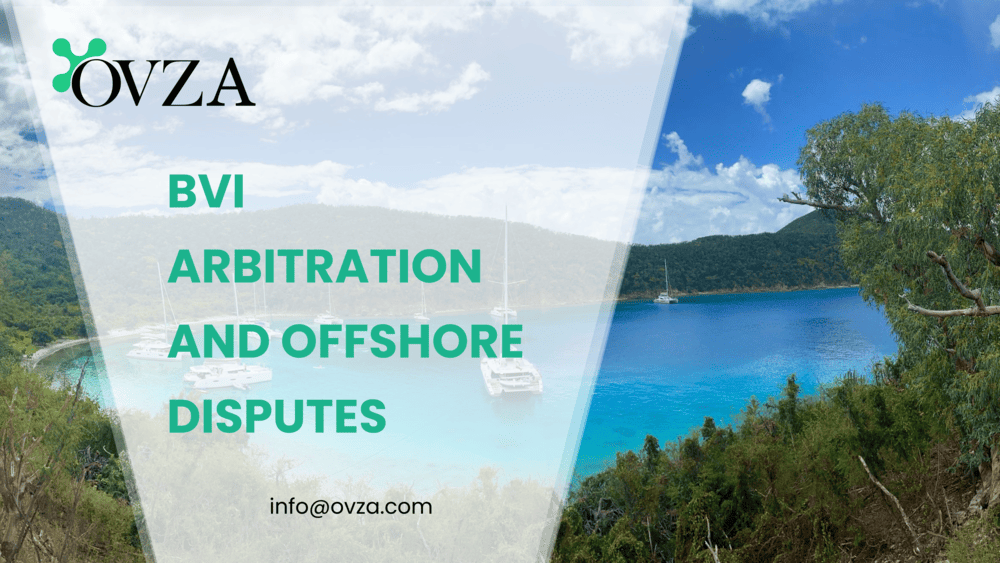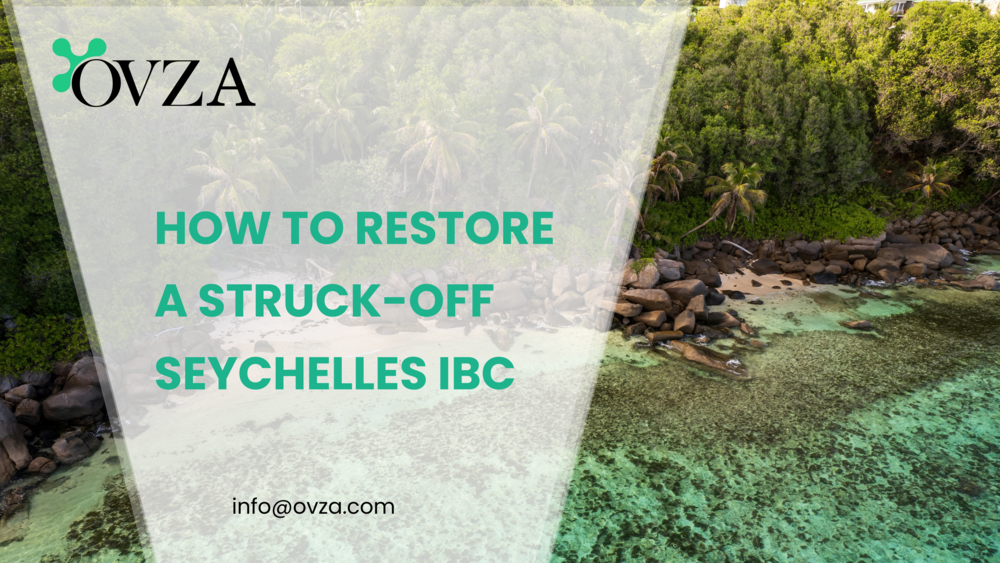Offshore companies for startups make sense when founders need global access, flexible ownership, or investor-friendly legal structures. As startups increasingly operate across borders—with remote teams, international clients, and global investors—the idea of forming an offshore structure becomes not only viable, but in some cases essential. While traditional advice often centers around incorporating locally, many founders are realizing that domestic structures don’t always support the scale or flexibility their businesses require. This is where the concept of an offshore company for startups enters the conversation.
Why Startups Look Offshore Early
For early-stage companies, especially those in fintech, SaaS, AI, or digital services, going offshore can unlock strategic advantages. Founders from countries with rigid tax systems or investment restrictions often find that their startup offshore structure becomes a necessity rather than an option.
Consider the following:
- A founder in India wants to raise VC funding but investors prefer a company governed by UK or BVI law.
- A developer in Argentina wants to receive global payments without triggering complex local tax hurdles.
- A co-founder team spread across five countries needs a neutral jurisdiction for fair equity ownership.
In each of these cases, a well-structured offshore incorporation for startups solves practical issues—ranging from regulatory clarity to easier capital inflow. The point isn’t to evade taxes; it’s to operate efficiently in a globally-connected world.
So, why do startups use offshore companies in the first place? It’s usually about enabling growth, securing funding, and reducing structural risk. And timing matters—a poorly timed move can create unnecessary legal and tax exposure, while the right timing can unlock opportunities without friction.
When Does It Actually Make Sense to Go Offshore?
Choosing to form an offshore company for startups is not a one-size-fits-all solution. For some businesses, it’s premature. For others, it’s the only viable option.
The most common trigger is investment. Many venture capital firms, especially those based in the U.S., EU, or UAE, require a company structure they’re familiar with—often governed by English common law or internationally recognized commercial codes. If your startup is incorporated in a jurisdiction that lacks clear shareholder protections or enforceable IP laws, investors may ask you to re-domicile. By contrast, an offshore incorporation for startups in a jurisdiction like the BVI or Cayman Islands can be investment-ready from day one.
Another key factor is ownership. If a startup has multiple founders across different countries, it may be easier to assign equity and manage shareholder agreements through a neutral offshore entity. This avoids conflicting domestic rules and simplifies the legal structure, especially when issuing shares or onboarding new partners.
Additionally, startups that generate revenue in multiple currencies—or operate in regions with unstable financial systems—often choose an offshore company for startups to protect capital, manage inflows, and avoid FX controls. This structure supports faster growth without exposing the company to unpredictable domestic obstacles.
While not every startup needs one, the best offshore company for startup operations is the one that matches the stage of the business, investor expectations, and the founder’s tax and legal environment.
Risks, Misconceptions, and When Not to Go Offshore
While the benefits are clear, forming an offshore company for startups isn’t without risks. One of the biggest misconceptions is that offshore means tax-free. In reality, most founders are still subject to tax in their country of residence, and offshore entities are increasingly subject to transparency rules such as CRS, FATCA, and economic substance regulations.
Startups may also assume that an offshore company improves credibility, but this depends heavily on the jurisdiction. A well-known startup offshore structure in the BVI or Cayman Islands may be respected by international investors, but an entity in an obscure or blacklisted country can raise red flags with banks, payment processors, and compliance departments.
There’s also the risk of overcomplicating things too early. For pre-revenue or solo-founder startups, maintaining an offshore entity can create unnecessary accounting costs, filing burdens, and legal complexity. In those cases, staying local until there’s a clear need to scale globally is often the smarter approach.
An offshore incorporation for startups makes sense when there’s real global business activity, strategic investment needs, or structural benefits—not simply for the sake of being offshore. Founders must assess whether the costs, compliance requirements, and reputational implications align with their actual business operations.
Ultimately, the question isn’t whether an offshore company for startups is good or bad—it’s whether it’s appropriate right now.
Conclusion
Forming an offshore company for startups is a strategic decision—one that should be guided by business needs, not assumptions or trends. When structured correctly, it can provide global flexibility, investor readiness, stronger IP protection, and streamlined equity ownership across jurisdictions.
But timing is everything. For some startups, it’s the right move from day one. For others, going offshore too early can result in unnecessary complexity or compliance obligations. Understanding when and why to pursue offshore incorporation for startups is key to avoiding costly mistakes.
Whether you’re managing a remote-first team, preparing for international investment, or scaling a product across borders, the right startup offshore structure can help you grow with fewer limitations—provided it’s done legally, transparently, and with proper guidance.
In the right context, an offshore company for startups isn’t just smart. It’s essential.
Disclaimer: The information provided on this website is intended for general reference and educational purposes only. While OVZA makes every effort to ensure accuracy and timeliness, the content should not be considered legal, financial, or tax advice.












